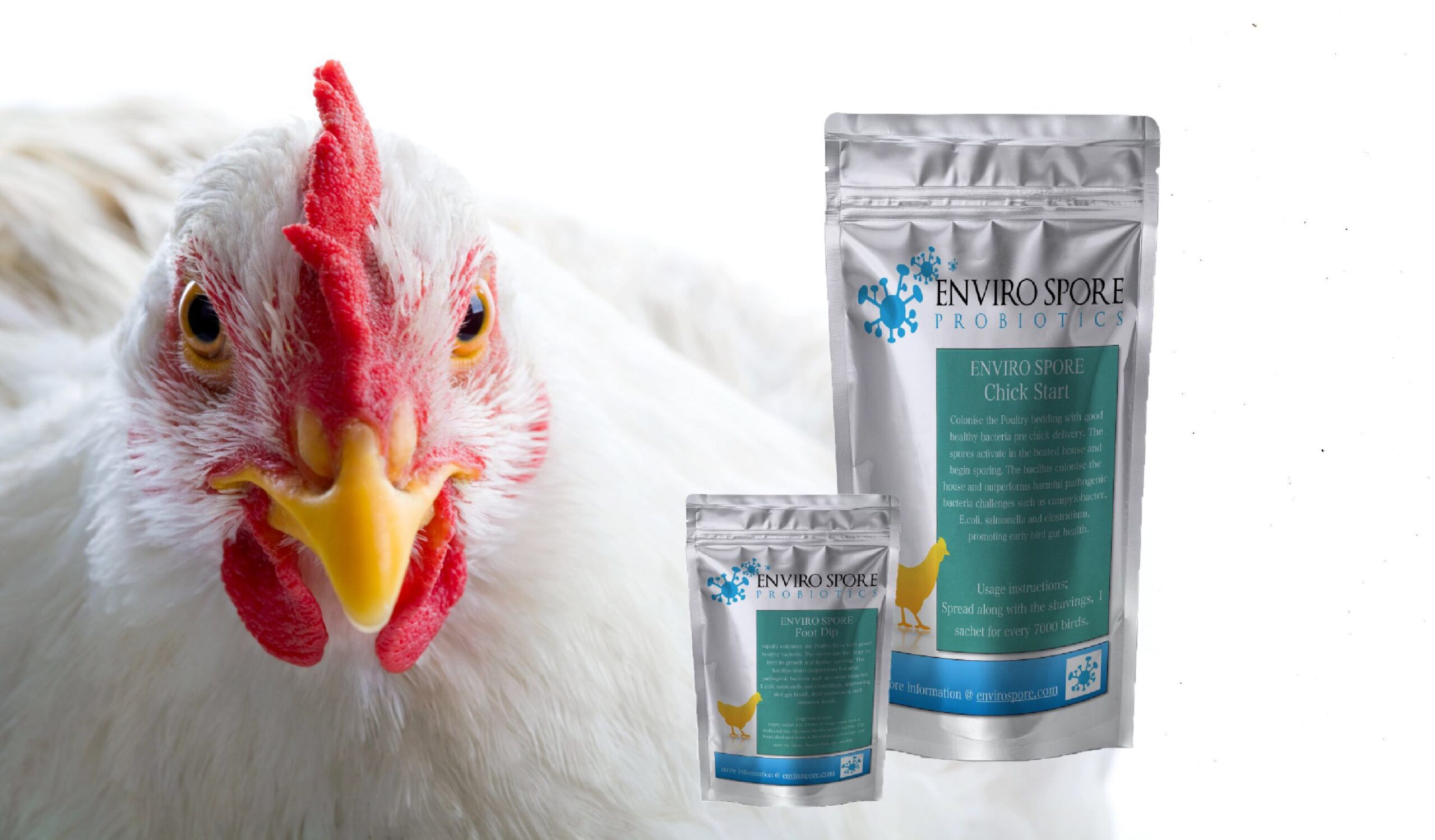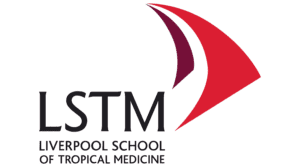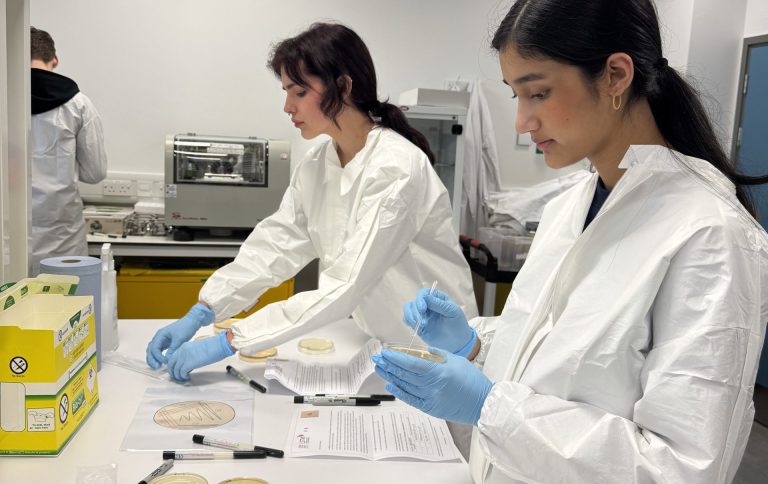- Find our latest Case Studies
- Our Platforms
iiCON demonstrates CHICK START’s AMR efficacy

Liverpool School of Tropical Medicine (LSTM) has completed a scientific evaluation of the Enviro Spore probiotic product CHICK START and demonstrated its efficacy in inhibiting growth of pathogenic bacteria.
Antimicrobial resistance, or the natural adaptation of bacteria to survive antibiotic attack, is a problem for society and there is greater focus on approaches that can reduce the need for antibiotics. Probiotics, or the use of ‘friendly’ bacterial strains to outcompete problematic bacteria, is one alternative that holds potential.
Enviro Spore, a local biotechnology company, produces an environmental probiotic spore treatment for use in chicken farming. The product aims to lower the numbers of pathogenic bacteria such as E. coli that affects the chicken’s gut flora and in turn, reduce the need for antibiotics. The company had positive outcomes from on-farm trials but wanted robust laboratory evidence about the product’s efficacy.
Through iiCON’s Merseyside business support programme, funded by the European Regional Development Fund (ERDF), LSTM generated a detailed data package on the product’s activity using a combination of microbiology and genomics approaches. The team was able to show that when the Enviro Spore bacteria grew in the lab they inhibited the growth of E. coli, a pathogen known to cause problems in the chicken industry.
Dr Adam Roberts, who led the team, said: “We were delighted to test, and confirm, the effect of Enviro Spore’s probiotic strain against problematic bacteria, as it is probiotic use that is one of the multiple ways we can manage AMR.”
Neal Hughes, Managing Director of Enviro Spore, said: “This thorough independent evaluation of Enviro Spore product gives confidence to new customers.”
SMEs in the Merseyside area that would like to benefit from iiCON’s ERDF business support programme can find out more and apply by emailing Louise Dolan at iiCON@lstmed.ac.uk.





